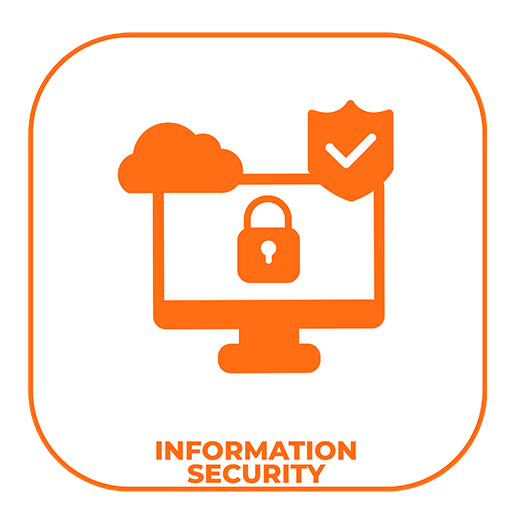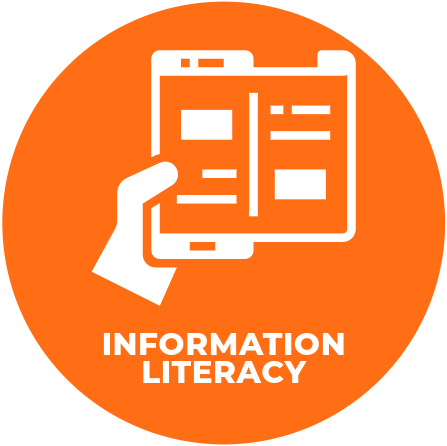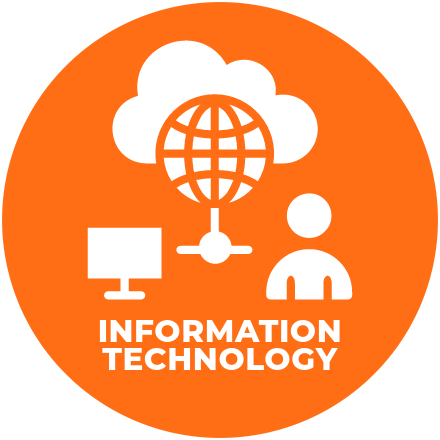Information Security skills refer to the knowledge, techniques, and practices that individuals possess to protect digital information and systems from unauthorized access, use, disclosure, disruption, modification, or destruction. These skills involve understanding and implementing measures to safeguard sensitive data, prevent cybersecurity threats, and maintain the confidentiality, integrity, and availability of information assets.
“The only truly secure system is one that is powered off, cast in a block of concrete, and sealed in a lead-lined room with armed guards.”
Gene Spafford
- Information Security Skills
- Cybersecurity Fundamentals: A solid understanding of foundational concepts and principles in cybersecurity.
- Password Management: Creating and managing strong, unique passwords for various accounts.
- Phishing Awareness: Recognizing and avoiding phishing attacks and social engineering tactics.
- Device Security: Securing personal devices with up-to-date antivirus software and security patches.
- Secure Browsing: Using secure and updated browsers, understanding SSL, and avoiding risky websites.
- Two-Factor Authentication (2FA): Enabling 2FA for added account security.
- Privacy Settings: Configuring privacy settings on social media platforms and other online accounts.
- Backup and Recovery: Regularly backing up important data and knowing how to restore it.
- Update Management: Keeping operating systems, applications, and software updated to patch vulnerabilities.
- Firewall Configuration: Understanding and configuring firewalls for enhanced network security.
- File Encryption: Encrypting sensitive files and folders to protect them from unauthorized access.
- Digital Hygiene: Regularly cleaning up and organizing digital files and accounts.
- Wi-Fi Security: Securing home Wi-Fi networks with strong passwords and encryption.
- Safe Email Practices: Avoiding suspicious emails, not clicking on unknown links, and using encrypted email services.
- Incident Reporting: Knowing how to report security incidents and suspicious activities.
- Mobile App Permissions: Reviewing and limiting permissions for mobile apps to minimize security risks.
- Secure Software Downloads: Verifying the legitimacy of software before downloading and installing it.
- Cloud Security: Understanding and managing security settings for cloud-based services.
- Awareness of Physical Security: Protecting physical devices and ensuring they are not easily accessible to unauthorized individuals.
- Continuous Learning: Staying informed about emerging cybersecurity threats and best practices.
Gen Z and Millennials with Information Security Skills
“Security is not just a technical problem. It’s a people problem.”
Bruce Schneier

Jane Manchun Wong
Jane Manchun Wong, Security Researcher, demonstrates exceptional information security skills through her adept digital detective work, uncovering undisclosed features on major apps like Twitter, Instagram, and Facebook. Her ability to decipher and reveal these unreleased features implies a deep understanding of software architecture and source code analysis, showcasing strong technical proficiency. Wong’s commitment to breaking the tech news cycle by independently discovering and sharing insights into the future direction of tech companies highlights her analytical skills and foresight. Moreover, her goal to promote openness and transparency in the tech industry, urging companies to create lighter and more secure applications, underlines her dedication to enhancing information security practices.
Picture: BBC Video:

Tim Specht
Tim Specht, Software Engineer, demonstrates exceptional information security skills through his experiences and a comprehensive understanding of information security principles, from product development to system architecture and scalability. As the Co-Founder & CTO of Dubsmash, they played a crucial role in developing a groundbreaking mobile video platform, showcasing an understanding of secure systems for an application that served billions of videos daily worldwide and processed vast amounts of data. His leadership in launching 0-to-1 projects and involvement in real-time hardware integrations for various startups demonstrates a versatile skill set in information security across diverse industries. Spearheading advancements in mobile architecture and developing internal tools and systems for scalability further highlights his technical proficiency in creating robust, secure, and scalable applications for platforms with hundreds of millions of monthly active users, underscoring Mr. Spects’s ability to prioritize and implement security measures on a large scale.
Photo: Tim Specht Website Video:

Name
Name, description

